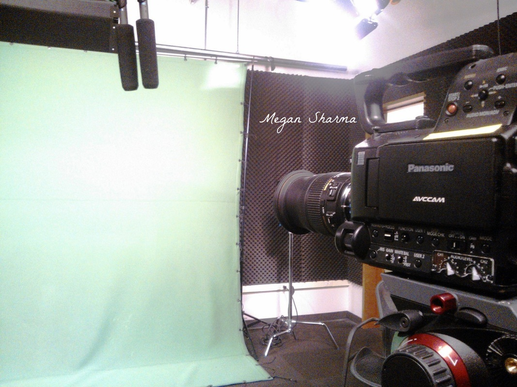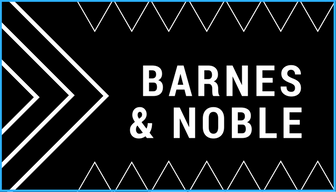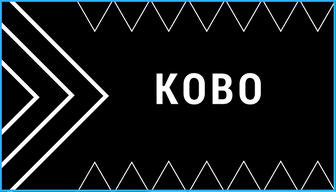Some of the presenters totally blew me away, while others left me cold and feeling…dare I say it...annoyed.
Then I began to ponder what the top-notch speakers did to make such an impact on me, and where others fell short.
Thus, here are my pleas to public speakers everywhere:
1. Throw your own agenda out the door.
It quickly became clear who came to the conference to shamelessly plug their business, and who was truly passionate about the subject matter. I don’t particularly relish being “soft recruited” at an event that costs over $1,000 to attend, and I doubt I’m alone in that sentiment. The speakers who stood out not only loved where
they work, but most importantly, they love what they do, and it showed.
2. Forget the corporate mumbo jumbo.
Yes, you have an impressive corporate mission statement. And, wow—your fiscal year priorities are riveting. Except that they’re not. Successful speakers find a way to connect with everyone in the room, and they don’t do it by reciting information that can be
found on a company web site.
3. Use examples, for the love of God!
In college, my journalism professors taught me that details matter. For example, which sounds more appealing: an “old house”, or a “quaint Victorian charmer from another era”? Real estate aside, the exceptional speakers at this conference employed compelling examples in their rhetoric. The session on “Care and Feeding of the
Corporate CEO” shined with anecdotes about CEOs staging social experiments involving hideous yellow ties, while the session on “The Heart of Storytelling” almost brought me to tears with a story about the speaker’s children. Bottom line: make it real, make it relevant, and use examples!
4. Seize the opportunity to tell an epic tale.
Given the state of the global economy, the last three to four years have not been kind to many businesses. One company spoke on this subject, and about how they had transformed themselves from within to ride out the storm. There were definitely elements of the extreme in the story, including the return of a heroic CEO, massive layoffs, and a media sensation. How were these events presented? Not as an epic battle circa ancient Greece, but as a timeline. Yes, a timeline. With just a little more drama, that could have been an epic tale. Instead it fell flat.
5. Offer tips that can be used immediately.
Professionals come to conferences because they want to learn new approaches, connect with colleagues from a variety of industries, and above all: to apply those learnings to their work. We can’t do that in the absence of any tangible suggestions. So think of
the top three takeaways you want your audience to remember, and then pony up some suggestions for how that might look in the workplace. Your audience will absolutely love it.





 RSS Feed
RSS Feed









